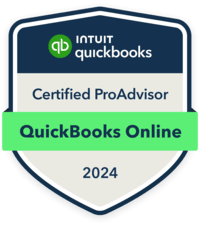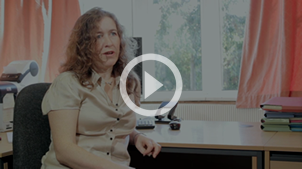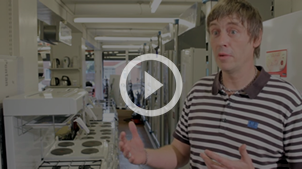July questions and answers
Newsletter issue - July 2017.
Q. Can I give my house to my children and continue to live in it and avoid inheritance tax?
A. It may be possible if you pay a full market rent for your home, but if you do this, then your children will have to pay income tax on the rent they receive. Capital gains tax may also be payable at some time in the future if they sell the house. The new inheritance tax residence nil rate band (RNRB), which is being phased in from April 2017 over a 4-year period, is designed to help people in your position to pass on the family home to children or grand- children, tax-free after their death. HMRC's guidance Inheritance tax: additional threshold (RNRB) provides further information. Always seek professional advice before entering into any arrangement where the main purpose, or one of the main purposes, is to obtain a tax advantage.
Q. I am thinking of selling a property that I have owned and rented out for the last ten years, and once it is sold, I will reinvest the proceeds in another property. Will I have to pay capital gains tax on the proceeds from the sale even if all the money is reinvested in another property that is also let?
A. Yes, you will be liable to capital gains tax on the gain arising on the sale, even though you will be reinvesting the money in another property that is also let. Rollover relief is available for residential investment property only in relation to qualifying furnished holiday lettings, and for compulsory purchases.
Q. I lent my brother some money, which I borrowed from my company, for him to use in his business. He is paying it back in monthly instalments over three years. What are the tax implications of this loan?
A. I presume that you are a director and a substantial shareholder of the limited company. I also presume that the company lent the money on an interest-free basis.
The tax implications for the company are that the loan is deemed to have been made to an associate of a participator in the company, and as such, it will be caught by what are commonly referred to as the 'section 455 rules'. Broadly, these rules mean that the company will have to pay tax at 32.5% on the amount of the loan outstanding nine months after the accounting year end of the company. When the loan has subsequently been repaid to the company, HMRC will refund the tax paid.
There is an exception to this, namely where a loan does not exceed £15,000, but only when the shareholder does not own more than 5% of the shares.
If a relative of an employee receives an interest-free loan from an employer, this will be a benefit-in-kind for the employee. Interest at the 'official rate' (currently 3%) is calculated, and this deemed interest is subject to tax. However, there are exceptions to this tax charge where:
- the loan is a 'qualifying loan';
- a qualifying or non-qualifying loan is less than £10,000; and
- the employee can show that they received no benefit from the loan to the relative.
As your brother used the loan for business purposes, it should be a qualifying loan because 'the interest would be deductible in computing the borrower's profit from a trade' (HMRC Employment Income Manual, paragraph EIM26136). With regard to the 'no benefit received from a loan to a relative', HMRC are generally reluctant to apply this when the employee is a director who controls the company.






